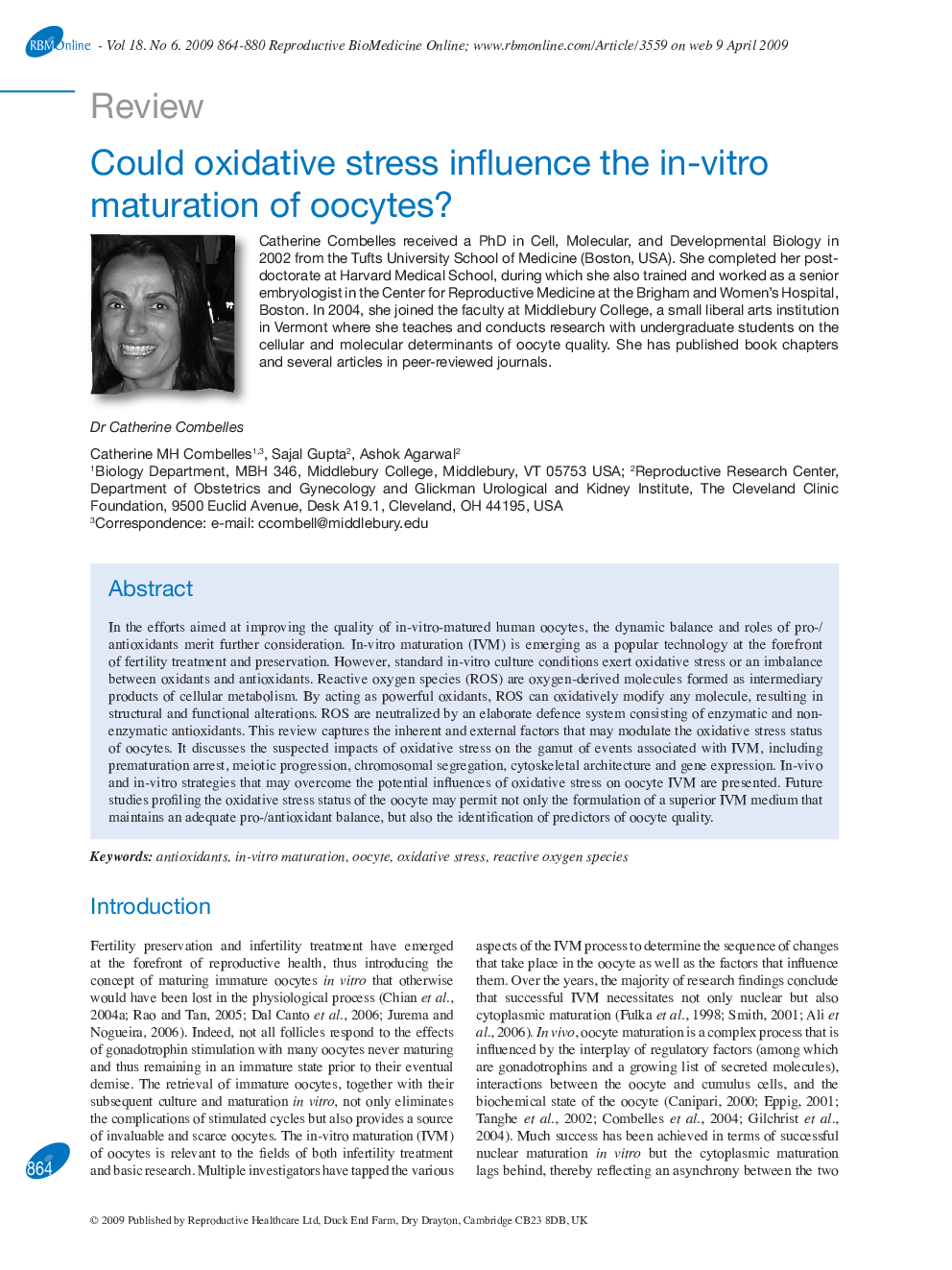| Article ID | Journal | Published Year | Pages | File Type |
|---|---|---|---|---|
| 3971964 | Reproductive BioMedicine Online | 2009 | 17 Pages |
In the efforts aimed at improving the quality of in-vitro-matured human oocytes, the dynamic balance and roles of pro-/antioxidants merit further consideration. In-vitromaturation (IVM) is emerging as a popular technology at the forefront of fertility treatment and preservation. However, standard in-vitro culture conditions exert oxidative stress or an imbalance between oxidants and antioxidants. Reactive oxygen species (ROS) are oxygen-derived molecules formed as intermediary products of cellular metabolism. By acting as powerful oxidants, ROS can oxidatively modify any molecule, resulting in structural and functional alterations. ROS are neutralized by an elaborate defence system consisting of enzymatic and non-enzymatic antioxidants. This review captures the inherent and external factors that may modulate the oxidative stress status of oocytes. It discusses the suspected impacts of oxidative stress on the gamut of events associated with IVM, including prematuration arrest, meiotic progression, chromosomal segregation, cytoskeletal architecture and gene expression. In-vivo and in-vitro strategies that may overcome the potential influences of oxidative stress on oocyte IVM are presented. Future studies profiling the oxidative stress status of the oocyte may permit not only the formulation of a superior IVM medium that maintains an adequate pro-/antioxidant balance, but also the identification of predictors of oocyte quality.
